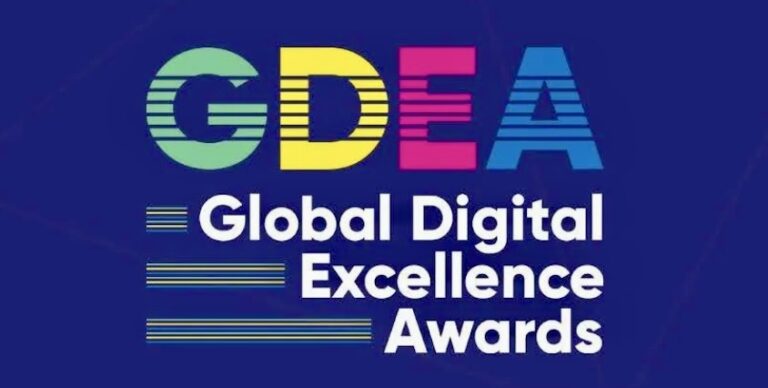 I followed the social media track at SES Chicago 2006 moderated by Chris Sherman. He was so engaging and passionate about social search that I wanted the opportunity to see him speak again here in New York prior to he and Danny Sullivan’s last show in San Jose.
I followed the social media track at SES Chicago 2006 moderated by Chris Sherman. He was so engaging and passionate about social search that I wanted the opportunity to see him speak again here in New York prior to he and Danny Sullivan’s last show in San Jose.
[Get full SES coverage @ SES Roundtable]
Chris asked the question so many clients have: “is social search important and why do we care”? Well, there is no good industry standard definition as of yet though it is expected that one will ultimately emerge.
He describes social search as meaning the use of “Internet way-finding tools informed by human judgment. ‘Informed’ can mean many things including egregiously uninformed.” (Chris used the word “idiot” 3 times during the presentation.) Seriously though, it is quite clear that Chris Sherman takes a lot of pride-in-craft. The panelists provided an excellent social search overview however this post documents Chris Sherman’s presentation to kick off the the first Social Track session of the day.
Social search has always been important.
The very first guide to the web was created by, father of the web, Tim Berners-Lee in 1990. Yahoo was originally created by a team of human editors who indexed sites they thought were cool. Meta tags were created in 1996 to help content owners guide search engines-and were a horrible failure. They were very effective for about 6 weeks until (as always happens) spammers learned to “game” the system and effectually lie about content.
Even algorithmic Search is social.
By their very nature search engines reflect the bias of human beings. A programmer chooses which attributes of content adds to the “value.” The search engines study what we do and designate “value and authority” to websites. Now personalized SERPs (Search Engine Results Pages) also filter and refine unique search results for everyone.
Yahoo saves multiple terabytes of data daily as they steadfastly archive human behavior. More and more that huge amount of data will be used to refine how search results are tailored to each of us as individuals.
Social search is a big deal right now because algorithmic search has nearly reached its potential. It is becoming clear that people are still better at some tasks than even the most powerful computers. The awesome reality of social media is that most player-sites in the social search space are leveraging the work of volunteers!
Here are some general catagories of social media sites.
Shared bookmarks and web pages (del.icio.us, shadows, furl, myweb, diigo)
Tag engines, blogs and RSS feeds (technorati, feedburner, wordpress)
Collaborative directories (prefound, zimbio, wikipedia)
Personalized verticals (eurekster, rollyo)
Collaborative harvesters (digg, netscape, reddit, popurls)
Social Q and A sites (Yahoo® Answers, answerbag)
Social networking sites (mySpace, facebook)
Media sharing/community sites (utube, flickr)
Look to coming posts for more on these sites along with their characteristics.








